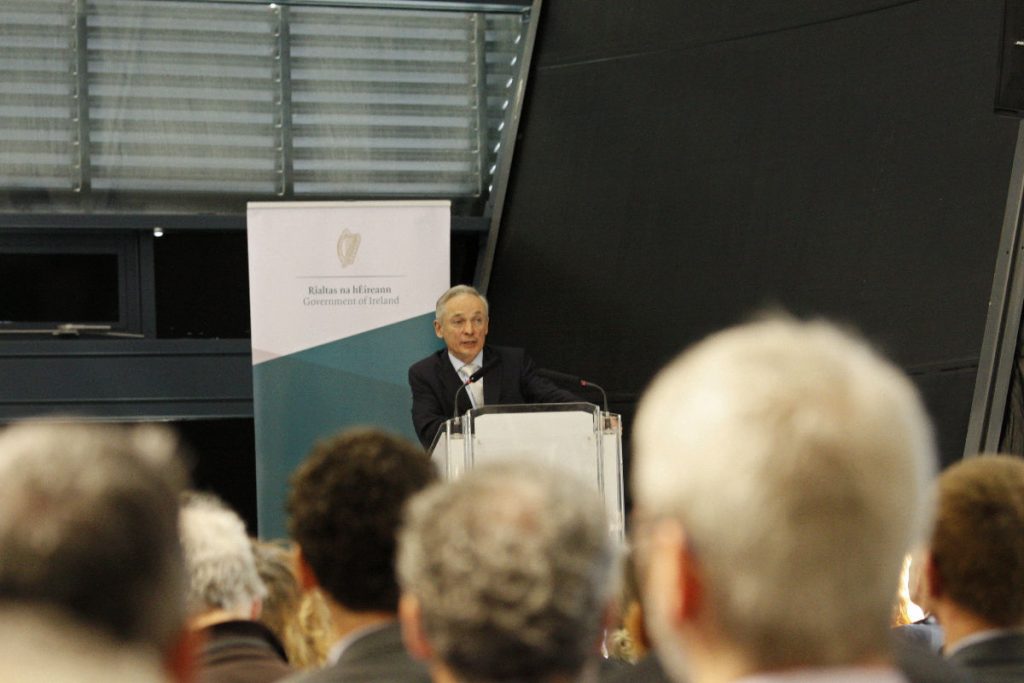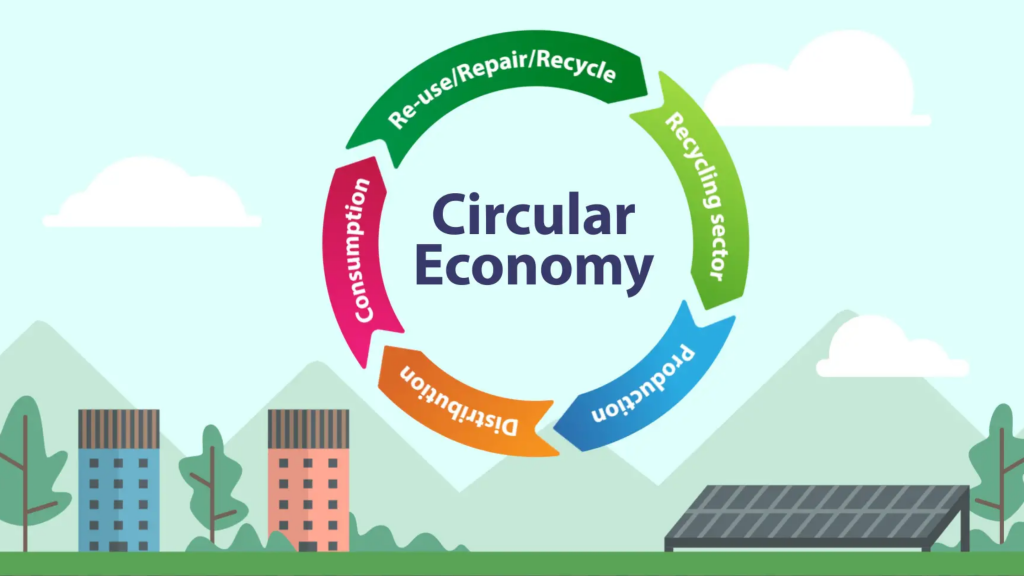Irish climate plans fall short of urgent action needed

February 27th, 2019
The European Commission has found that the State’s climate plans fall far short of the level of ambition required to put Ireland on a path to achieve its 2030 targets.
The Commission’s 2019 Country Report for Ireland states that we are “falling further behind” our EU compatriots in decarbonising the economy, raising “health, climate and environmental concerns”.
The report points to “severe challenges” in tackling rising emissions in transport, agriculture, energy and the built environment.
In 2016, emissions increased by over 2.5 per cent in agriculture, four per cent in transport and six per cent in the energy sector – primarily due to an increase in the use of gas for electricity generation.
The Government needs to quickly define “policy and investment needs to ensure environmentally and socially sustainable development” in line with EU principles, the report states.
The Commission’s analysis, however, indicates that there is “no signs yet that a reversal in trends is to be expected” with both our 2020 and 2030 targets set to be missed.
The Government has accepted that we will fail to meet our 2020 target, with the Minister for Climate Action, Richard Bruton TD stating that current projections put us 95 per cent off target.
He said that it has “never been more clear” that we need a change across government, starting with an all of Government plan to set out actions for every government department and body.
Mr Bruton’s plan should be underpinned by policies and investment that will enable Ireland to reach its 2030 and 2050 targets, the Commission said, with current policy falling short.

Falling short
Policy objectives outlined in the National Mitigation Plan, the National Planning Framework and the National Development Plan do not go far enough to tackle growing emissions, the report states.
In addition, the draft National Energy and Climate Plan (NECP) released last December “does not clarify investment needs until 2030”, the Commission found.
“The final NECP, to be finalised by the end of 2019, should include new national objectives for 2030 as well as concrete policies and measures across the energy and climate areas,” the report states.
Without further action now, compliance with EU commitments will become “increasingly challenging and could become costly”, the report finds, due to a “lack of early action” to meet our targets.
In order to try and meet our 2030 emissions reduction target, Ireland will need to purchase carbon credits “on a large scale during 2021-2030” from other EU members that have exceeded their targets.
“The lack of progress will make the challenge of meeting Ireland’s EU obligations that more difficult, while also increasing the cost of future action,” the Commission report states.
Mr Bruton has previously said that Ireland will need to spend between €6m and €13m on carbon credits to try and bridge the gap to our 2020 target. This will bring total State spending on emissions allowances and renewable credits to €120m since 2007.
The Institute of International and European Affairs estimates that missing our targets could generate costs of between €3bn and €6bn for both compliance periods up to 2020 and 2030.
Ireland is also likely to miss its 2020 target of achieving 16 per cent of energy from renewable sources by between 1.7 to 3.7 per cent due to uncertainty with the future of support schemes and “lengthy and complex consenting, planning and grid access procedures”.
With Amazon, Apple, Facebook and Google all now committed to source 100 per cent of their energy from renewable sources, the Commission said that Ireland’s lack of progress may also be “raising concerns for some key multinational companies”.
While wind provided 30 per cent of our total electricity demand last year, Ireland is falling down on the use of renewables for heating, with fossil fuels still dominating in this area.
The Commission said that these issues will be at least “partly tackled” through the introduction of the renewable heat incentive scheme and a new renewable electricity support scheme later this year.

Environmental Taxes
The Commission also pointed to a failure in Ireland to exploit the potential of taxes to support environmental objectives in a “socially fair manner”.
While revenue from environmental taxes is above the EU average, the Commission said that fossil fuel subsidies remain “significant and have in fact been rising over the past decade”.
“Peat production and consumption remain subsidised and other subsidies and exceptions exist for petroleum, natural gas and coal,” the report states.
Despite the addition of a one per cent vehicle registration tax surcharge for diesel cars in Budget 2019, diesel is still taxed at a lower rate than petrol “even though it emits more air pollutants”, the report adds.
A recent Economic and Social Research Institute study found that bringing the diesel levy in line with the rate of petrol could reduce Ireland’s emissions and bring in €500 million for the exchequer.
The proposed increase in the carbon tax in Budget 2019 would have been an “important and much-needed signal to economic agents”, the Commission said.

Circular Economy
The Commission also said that Ireland would benefit from a national strategy for the transition to a more circular economy, with progress toward mandatory recycling targets slowing in recent years.
The reduction in the use of landfills, owing in large part to an increase in the landfill levy, was welcomed by the Commission. It warned, however, that “caution is required” in relation to the increase in waste incineration – up from 16 per cent in 2013 to 29 per cent in 2016.
“Investments should rather focus on projects higher up in the waste hierarchy to shift reusable and recyclable waste away from incineration and landfilling,” the report states.
Ireland’s continued dependence on car usage is putting pressure on transport infrastructure, the report states, resulting in “higher commuting times and increased CO2 emissions”.
Greater investment is required in public transport, the Commission said, as well a need to move the mainly diesel-powered rail and bus fleet to cleaner fuel sources and electrification.
[x_author title=”About the Author”]







